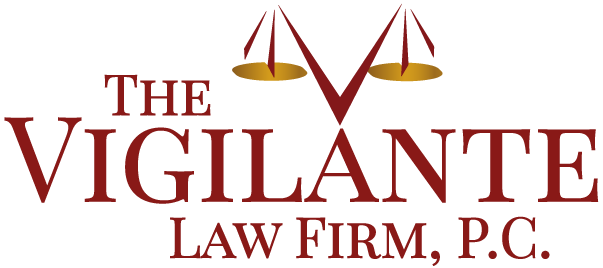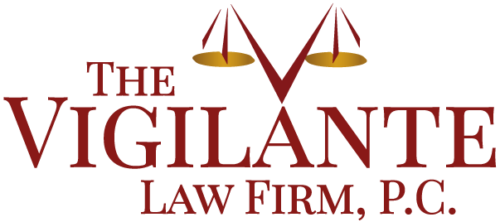
There are a number of alternatives to incarceration in New Jersey. Read on and reach out to our experienced New Jersey criminal defense lawyers. We are on your side.
What are alternatives to incarceration in the state of New Jersey?
Even if your Plea Agreement requires a period of incarceration, our legal team can attempt to persuade the Court that you are deserving of an alternative disposition. According to N.J.S.A. 2C:43-2b and N.J.S.A. 2C:43-2c, the Court has the power to sentence a defendant to the following alternatives:
What is a suspended sentence?
The Court may stop the imposition of a sentence on a person who has been convicted of an offense. The suspension is of any and all imprisonment and may spread for a period not to surpass 5 years.
There may be requirements set for suspension, the violation of which has sanctions equivalent to those set for a violation of probation. See N.J.S.A. 2C:45-3b. The same guidelines that apply to resentencing upon a violation of probation apply to sentencing upon a violation of a suspended sentence.
What is the Sheriff’s Labor Assistance Program (“SLAP”)?
The Court may allow a defendant to serve up to 90 days of incarceration on SLAP. SLAP is a community-based corrections program, where defendants conduct reasonable levels of manual labor. Defendants must serve at least 1 day a week until their sentence is complete. There is a processing fee, as well as a per-day fee associated with participating in the program.
During participation, defendants are typically considered inmates of the county correctional facility and are, as a result, subject to all associated rules and regulations, including searches. Only non-violent offenders are qualified to participate in SLAP.
What are other alternatives?
- Community Service Work. The Court may order that a defendant be watched in the community or perform community-related service work.
- Nights and Weekends. In instead of incarceration, the Court may sentence a defendant to imprisonment at night or on weekends with liberty to work or to participate in training or educational programs.
- Residential Facilities. The Court may request that a defendant be released to a halfway house or another residential facility in the community (including agencies that are not directly operated by the Department of Human Services).
- Driving Privileges. Rather than incarceration, the Court may postpone, suspend, or revoke (for a period not exceeding 2 years) the driver’s license, registration certificate, or both of any person convicted of a crime, disorderly person offense, or petty disorderly persons offense in the course of which a motor vehicle was used.
Contact our Firm
The dedicated and compassionate attorneys at Vigilante Law Firm, P.C. would be happy to provide you with assistance in your case and help you protect your future when so much is on the line. Contact us today to schedule a consultation.


